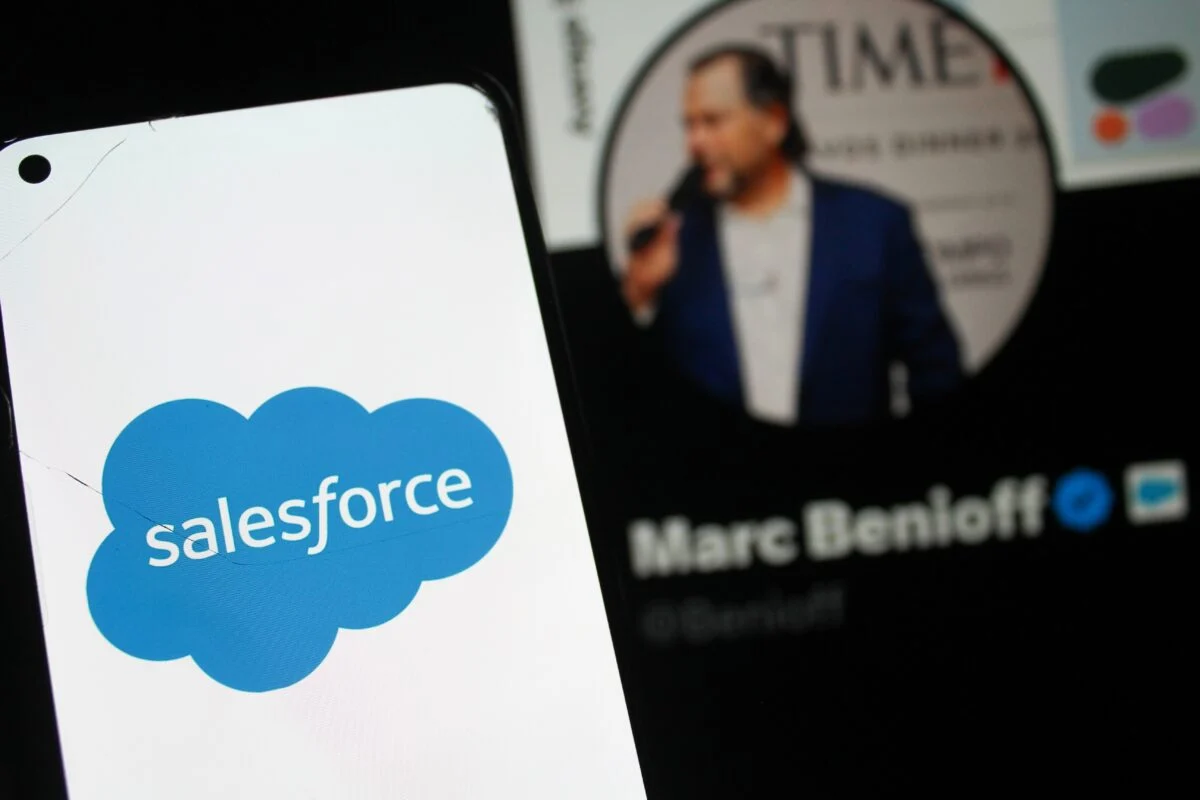
So, Salesforce, the cloud giant that basically powers half of your favorite apps’ sales teams, just dropped a big update. And no, it wasn’t a shiny new product. It was the news that 4,000 customer service roles are getting cut as the company leans harder into AI. Yep, that’s a whole 45% of its support division gone.
Marc Benioff, Salesforce’s CEO (and resident tech optimist), broke the news on the Logan Bartlett podcast. He explained that their AI agents now handle about half of all customer service chats, emails, and calls. Humans still manage the other half, but increasingly only when bots hit a wall and need to “escalate” things. Basically, AI is the new first responder.
Here’s the twist: just two months ago, Benioff was out there saying AI wasn’t coming for jobs, calling layoff fears “scary narratives.” Fast forward to now, and the bots are clearly doing more than just assisting—they’re replacing. The pace of AI adoption appears to be accelerating faster than even Salesforce leadership anticipated.
But this isn’t just about layoffs. Salesforce is also using AI to fix one of its biggest headaches: the 100 million uncalled sales leads it’s collected over 26 years. Human teams could never tackle that backlog. Enter AI-powered “agentic sales” tools—automated systems that chase leads, send follow-ups, and scale way beyond what people could manage. Benioff himself admitted that only AI could solve problems on that level.
Still, this move has sparked a bigger debate. Is AI supposed to complement humans, or is it quietly taking their jobs? Critics say Salesforce went back on its word. Supporters argue the company is just staying competitive in an AI-first market.
One thing’s for sure: Salesforce isn’t alone. A recent survey found that 70% of executives believe AI outperforms humans in customer-facing roles. If that’s true, more companies may start trimming teams while doubling down on machine agents.
So, we’re at a turning point: AI isn’t just about “what if” anymore—it’s here, it’s scaling, and it’s reshaping workforces faster than many expected. For Salesforce, it’s a survival move. For workers, it’s a reality check: the AI “co-pilot” narrative might already be shifting into “AI as pilot.”







